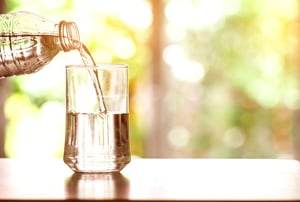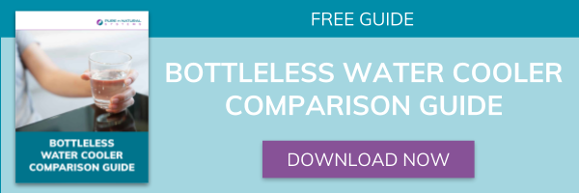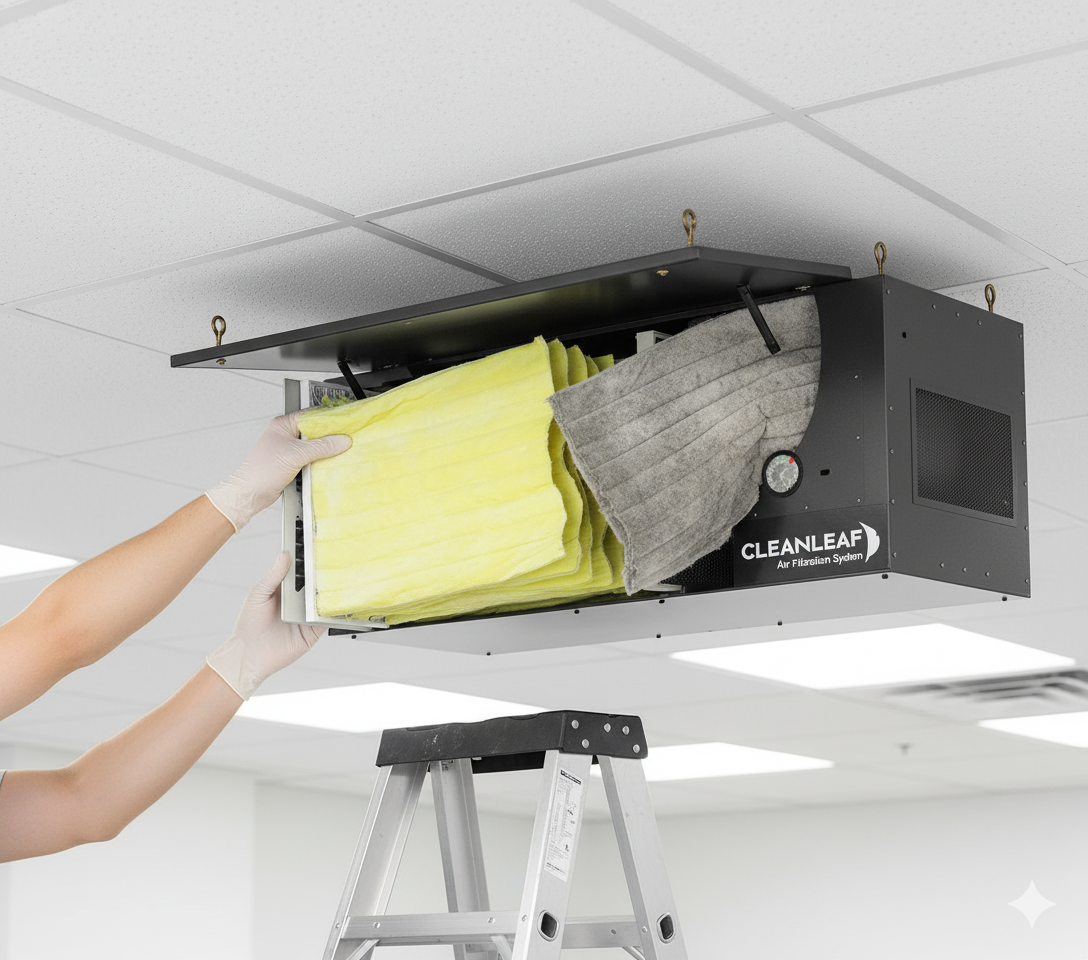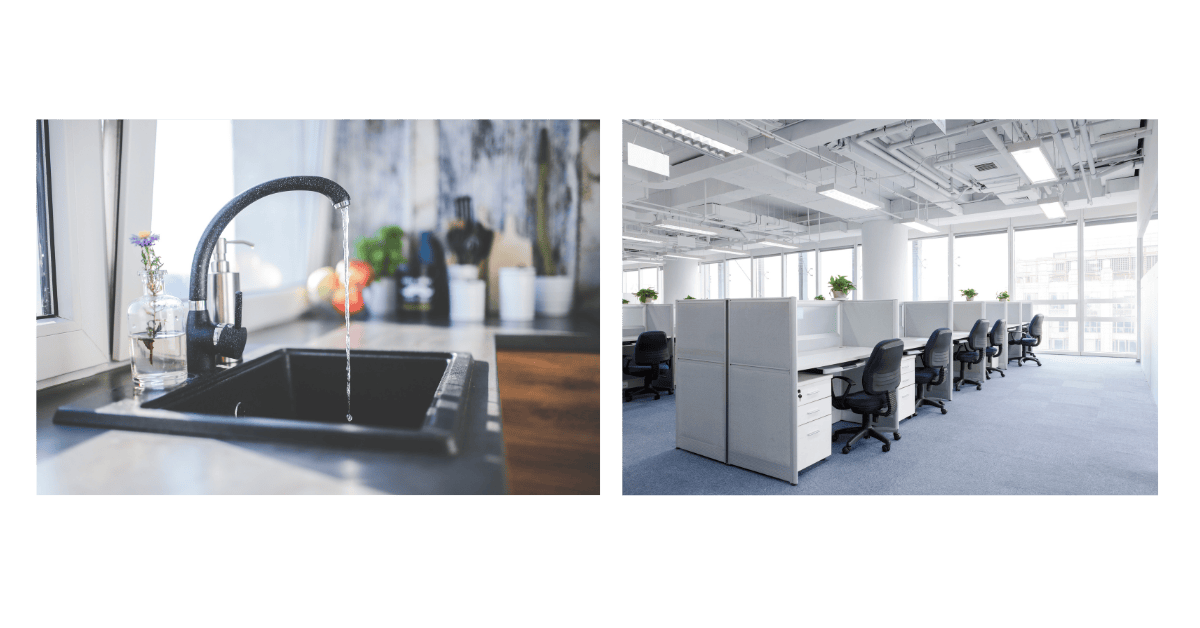 Human beings need to hydrate to keep hydrated and healthy. Our bodies are made up of 80 percent fluids, approximately 72 percent of which is water. To survive, we need to drink water, which is also the basis of juice, tea, coffee and other beverages. Experts agree that drinking water provides the best benefits — but how can you be sure that the water you rely on for hydration is clean, pure and healthy? These days you can't assume the water from your tap — or even bottles — is safe. What's really in your water?
Human beings need to hydrate to keep hydrated and healthy. Our bodies are made up of 80 percent fluids, approximately 72 percent of which is water. To survive, we need to drink water, which is also the basis of juice, tea, coffee and other beverages. Experts agree that drinking water provides the best benefits — but how can you be sure that the water you rely on for hydration is clean, pure and healthy? These days you can't assume the water from your tap — or even bottles — is safe. What's really in your water?
The Truth About Bottled Water
Bottled water can be a convenient option if you're looking for a choice that is clean and pure. That picture of a remote, sparkling glacier-fed spring is where the water inside comes from, right? The truth is that companies that sell bottled water can be deceptive in their marketing. According to a Mother Jones investigation, approaching half of the bottled water in the United States comes from municipal water supplies. That means it is tap water.
Bottled water is also terrible for the environment. While convenient, all that plastic from bottled water quickly fills up your trash or recycling bin. Though many Americans aren't even recycling! The average American drank water from 167 disposable bottles, but recycled a mere 38 of those. According to Ban the Bottle: "Making bottles to meet America’s demand for bottled water uses more than 17 million barrels of oil annually, enough to fuel 1.3 million cars for a year. And that’s not even including the oil used for transportation."
Purchasing cases of bottled water for everyday drinking just doesn't make sense when you consider the cost to the environment over time — or the cost to your budget. Considering that some of the bottled water on the market just comes from the tap, some people are spending more than 10,000 times per gallon, according to the National Resource Defense Council. Purchasing large jugs of water is less expensive than bottled water, but creates a storage issue and another inconvenience. If you want to have a healthier body and budget, ditch the individual water bottles.
A Thought Experiment
Grab one of your empty, used water bottles. Fill it up with water from your kitchen or bathroom tap. Put the cap on the bottle and let it sit on your countertop for a couple of months. Don't open the bottle, and don't put it in the refrigerator. Would you feel comfortable drinking the water from that bottle after two months? Three months? How about even after just four weeks? How long has the water been sitting in the bottles that you purchased? There's no way to tell.
If you're going to drink tap water, consider having it tested. If you live in the city, chances are your water is being chlorinated at the municipal level. The NRDC conducted a study on the drinking water systems of 19 cities and found that pollution, old pipes and outdated treatment threaten tap water quality.
The report states: "Many cities around the country rely on pre-World War I-era water delivery systems and treatment technology. Aging pipes can break, leach contaminants into the water they carry and breed bacteria — all potential prescriptions for illness. And old-fashioned water treatment — built to filter out particles in the water and kill some parasites and bacteria — generally fails to remove 21st-century contaminants like pesticides, industrial chemicals and arsenic."
They cite Atlanta, Albuquerque, San Francisco and Fresno as having extremely poor systems offering little to no protection. Other issues like the infamous case in Flint, Mich., shed a sobering light on the potential issues with municipal water supplies.
If you live in a rural area, you're probably getting your water from a well. The Centers for Disease Control states: "Many people in the United States receive their water from private ground water wells. EPA regulations that protect public drinking water systems do not apply to privately owned wells. As a result, owners of private wells are responsible for ensuring that their water is safe from contaminants. Pesticides, leaking septic systems, fertilizer and other substances can reach the ground water level and cause illness in those who consume it."
The Best Option for the Cleanest Water?
By far, one of the most convenient and safest sources of water is water that has been filtered right in your own home or business. By installing a water filter system that includes a water filter at your tap or point of entry to your house, you have full control of how often the filters are changed so you know the source of water is pure.
With so many water filter systems and water cooler options these days, it's easy and affordable to install a countertop bottleless water cooler or a whole-house water filtration system. An experienced indoor environmental solutions experts can help determine the best solution for you.





